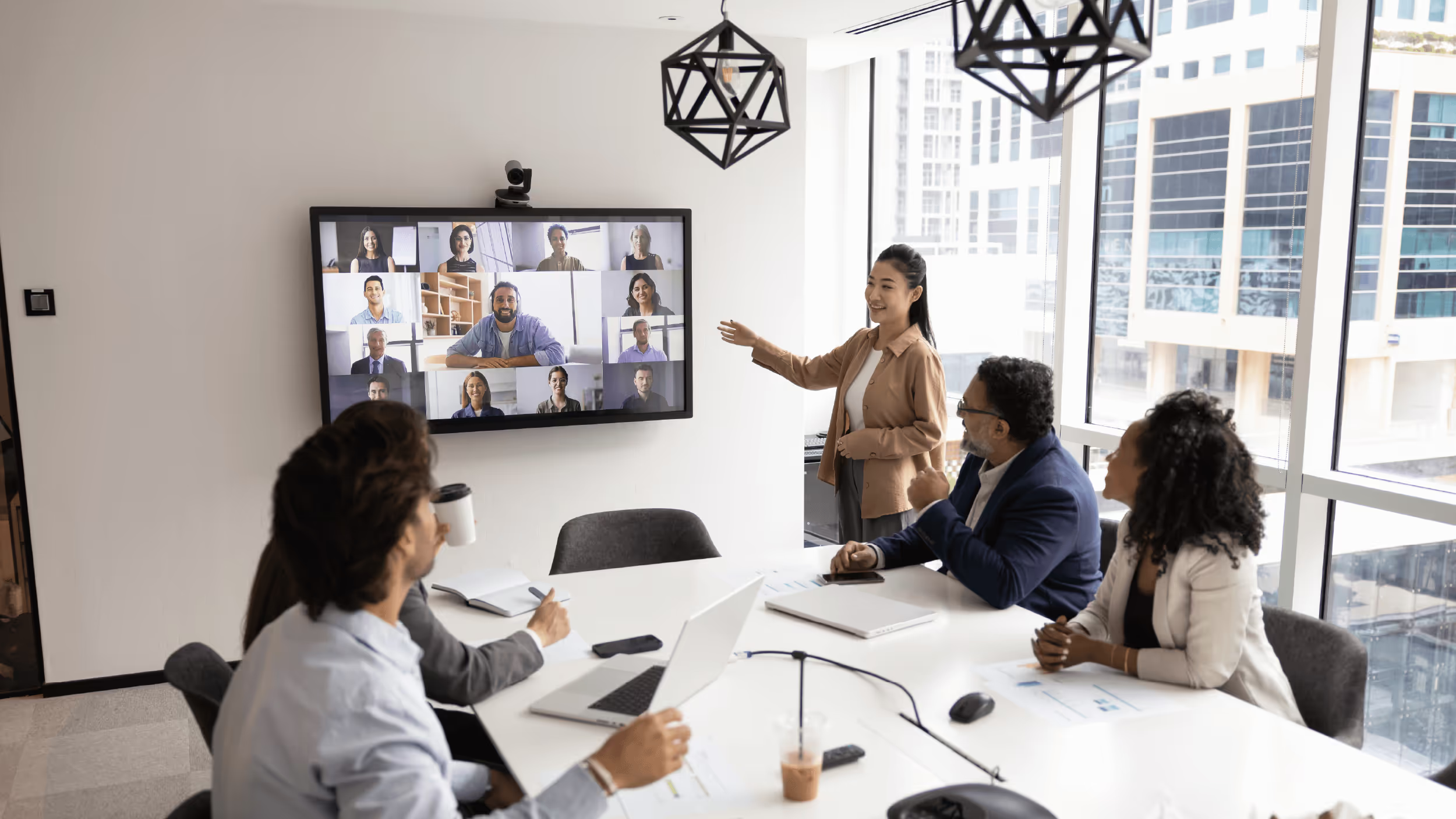The way we work has changed—again. And it’s not slowing down. In a dynamic SHRM webinar, Dr. Ben Granger, Chief Workplace Psychologist at Qualtrics, unveiled key insights from a sweeping 2025 global study on employee experience.
Backed by data from over 35,000 employees worldwide, this presentation offered a powerful look into what today’s workforce expects—and what HR leaders must do to stay on top of employee expectations.
Here’s what you need to know from Dr. Granger’s message.
1. Pressure isn’t the problem—lack of support is
More than one in three employees report being asked to do more with less. But it’s not the workload itself that hurts—it’s the lack of support behind it. Employees who feel like they’re given higher demands without rationale, recognition, or resources are significantly less engaged, loyal, and mentally well.
Key takeaway: When pressure increases, support must scale with it. That means clear communication, better tools, and timely recognition. Organizations that balance pressure with support avoid burnout and build trust.
2. Gen Z is energized—but not committed (yet)
Forget the stereotypes. Data shows that workers ages 18–24 are the most engaged generation in the workforce. They’re more optimistic, motivated, and excited to contribute than older age groups.
However, they’re less likely to stick around. That’s not a red flag about this group of employees—it’s a signal of lacking workplaces. These early-career employees are still building their sense of long-term commitment, and their expectations for meaningful work, growth, and flexibility are high.
What to do: Rather than dismissing younger employees’ ambition, embrace it. Invite their ideas, mentor their growth, and show how their voices can shape the organization. Nurture young employees’ engagement and build greater loyalty.
3. Early and exit experiences are make-or-break
The recruitment experience and the offboarding process were ranked as the most underwhelming moments of the employee journey. These moments matter more than you think. Psychologically, people remember the beginning and end of an experience most vividly.
- A poor recruitment experience can taint how employees perceive onboarding.
- A disengaging exit can damage your brand and erase years of goodwill.
The fix: Create consistency and meaning at both ends. Make recruiting feel personal, and treat offboarding as a valuable opportunity—not a formality. Recognition during both transitions helps reinforce respect, even after an employee leaves.
4. Trust in leadership needs a tune-up
Trust is the foundation of any high-performing culture—and right now, it's shaky. While most employees believe their leaders are competent and act with integrity, many doubt their intentions. Only about half believe leadership is acting in the best interest of employees and customers.
This perception gap is costly. Companies with high trust outperform financially and retain talent longer. And yet the belief that companies care about people, not profits, is lacking overall.
How to rebuild trust:
- Be honest about challenges while affirming commitment.
- Communicate consistently, not just during crises.
- Use vulnerable moments to connect, not deflect.

5. AI comfort is rising—but guardrails are missing
Employees are warming up to AI. Compared to last year, comfort and optimism around intelligent tools are both trending up. Still, there’s a catch: only half of employees feel they’ve been given clear guidance on how to use AI responsibly.
With one-third of workers using AI tools they found on their own, the risk is real—both for data security and employee confidence.
Action step: If your company is introducing AI, lead with education and guardrails. Provide training, share clear expectations, and make it easy to ask questions. Adoption is smoother when employees know what’s safe and what’s supported.
Looking ahead: anchor to what’s always true
The expectations of employees are shifting fast, but their fundamental needs haven’t changed. People still want:
- Autonomy: a sense of control and voice
- Achievement: meaningful work that makes an impact
- Connection: trust, empathy, and inclusion
When you design your employee experience around these timeless human needs, you future-proof your culture—no matter what technology or generational trend comes next.







%20-%20Beyond%20the%20Basics%20-%20Thumbnail.png)
















.svg)

















































.svg)
.svg)



